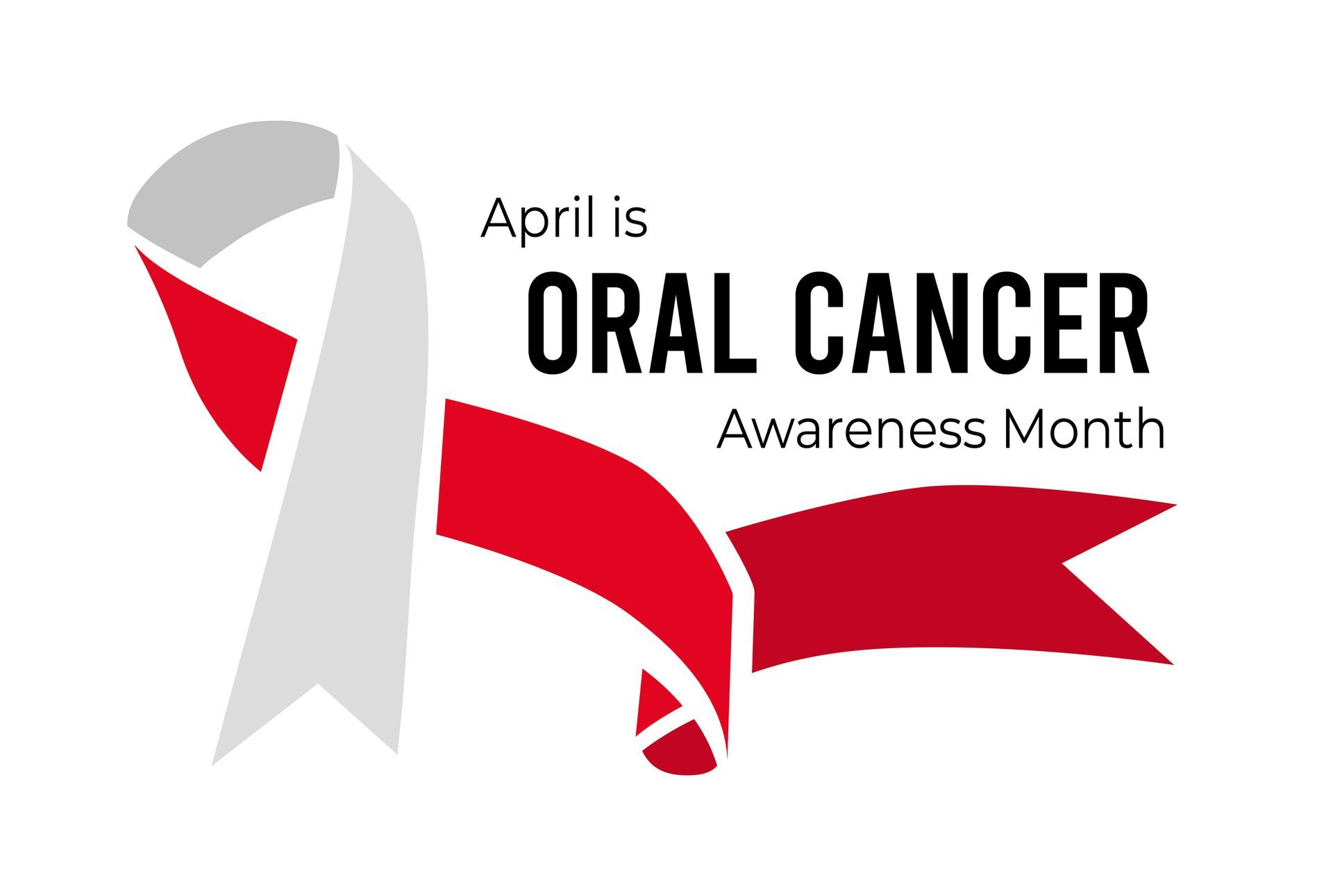Say Goodbye to Cavities: Easy Ways To Get Your Kids To Love Brushing Their Teeth Twice A Day!
Good oral hygiene is a cornerstone of overall health, and cultivating these habits in children is paramount. As parents and guardians, we play a pivotal role in embedding routines and attitudes towards dental care that can last a lifetime. Encouraging children to develop good oral hygiene habits involves a blend of education, consistency, and fun.

Early Introduction:
The journey to good oral health begins with introducing the concept as soon as the first tooth emerges. Use a soft cloth or baby toothbrush to clean the tooth, setting a precedent for what becomes a daily routine. As more teeth appear, let your child choose a toothbrush with their favorite character to create excitement around brushing.
Education and Understanding:
Children are naturally curious, so use this to your advantage. Educate them about the importance of oral hygiene with age-appropriate explanations, like how brushing keeps their “smile monsters” (cavities) at bay. Picture books, videos, and apps can make this learning process interactive and enjoyable.

Routine and Consistency:
Consistency is key. Set specific times for brushing and flossing, making it an integral part of the day. Encourage brushing twice daily for two minutes each time. A timer or a song can help track the time and make it a fun activity.
Lead by Example:
Children mimic adults, so let them see you taking care of your own teeth. Make it a family activity. When children observe their parents valuing oral hygiene, they’re more likely to follow suit.
Positive Reinforcement:
Positive reinforcement goes a long way. Praise your child for a job well done after brushing. Establish a reward system with a sticker chart, leading to a small reward after a set period of successful brushing and flossing.
Making It Fun:
Invest in toothbrushes that light up or play music, and toothpaste in flavors children love. Turn brushing and flossing into a game or story where they’re the hero fighting against the evil cavities. The key is to make it something they look forward to rather than a chore.
Professional Involvement:
Regular dental check-ups should be part of their routine. A pediatric dentist can further encourage good habits and make the dental office a fun place to visit. Some dentists have child-friendly environments with playful decor and activities.
Conclusion:
Developing good oral hygiene habits in children requires patience, creativity, and dedication. By making dental care routine, educational, and fun, you set the foundation for your child’s oral health well into adulthood. Remember that every child is different, so what works for one may not work for another. Stay adaptable, keep the experience positive, and watch as your child learns to take pride in caring for their smile.




